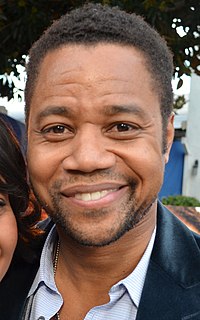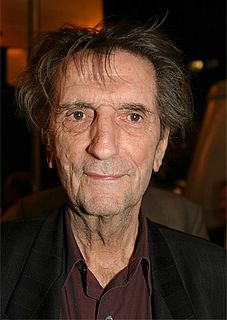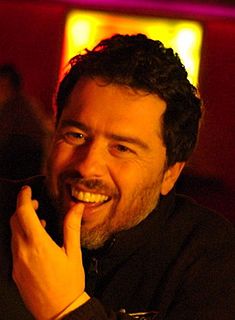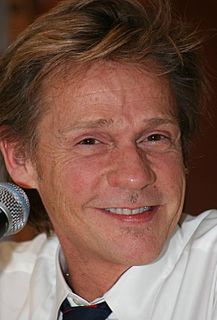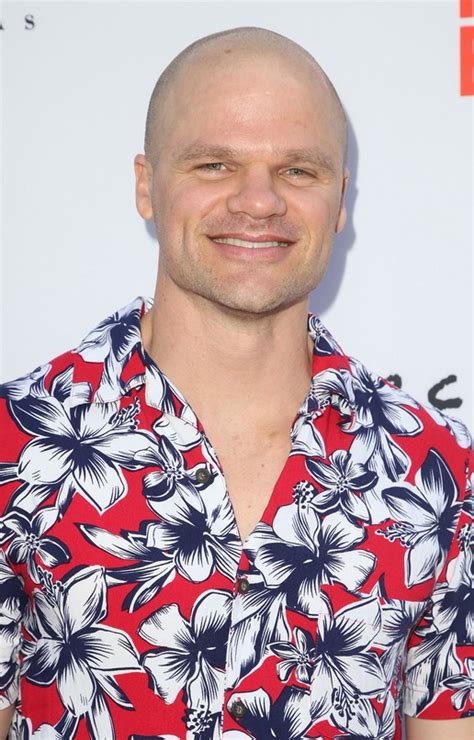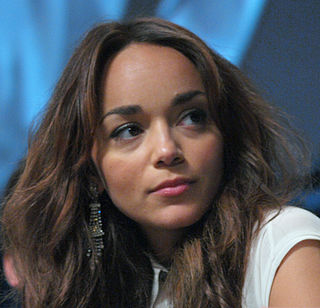A Quote by Cuba Gooding, Jr.
I've been given that gift of working with Jack Nicholson and James Coburn and certain people who just out of nowhere break into stories - talking about working with Alfred Hitchcock or Kubrick. That's my real reward of my career.
Related Quotes
I remember hearing a good story about Jack Nicholson working with Stanley Kubrick on The Shining [1980]. Nicholson was saying that, as an actor, you always want to try to make things real. And believable. When he was working with Kubrick, he finished a take and said, "I feel like that was real." And Kubrick said, "Yes, it's real, but it's not interesting".
When you take on Hitchcock you know it's gonna provoke some sort of controversy, because there were so many people talking about the book [Stephen Rebello's Alfred Hitchcock and the Making of Psycho] and wanting it to be the film about the making of this movie [Psycho]. But that's been done. That's been done in the book, and Stephen Rebello himself was like, "I want a movie which is an entertainment for the audience." So we made the conscious decision.
The really successful work in England tends to be working-class writers telling working-class stories. The film industry has been slow to wake up to that, for a variety of reasons. It still shocks me how few films are written or made in England about working-class life, given that those are the people who go to movies.
The Bond was so big and mighty in my career, and it is the gift that just keeps giving. I wouldn't be here today talking about "The November Man" if it hadn't been for James Bond. So, there was a desire, a want, and a need to make this film, "The November Man." I loved the title. It has a sensuality and a mystique to it.
There are lots of incredible people who are working in very flawed structures that are designed to keep us apart, so we're going to have to figure this out. The first stage is just talking about it openly: We are all working within structures where there is a disincentive to do what we most need to do, which is come together. I don't know what the answer is but I definitely think that that first stage is just being honest about it and trying to speak about it in a way that is not just accusatory.
